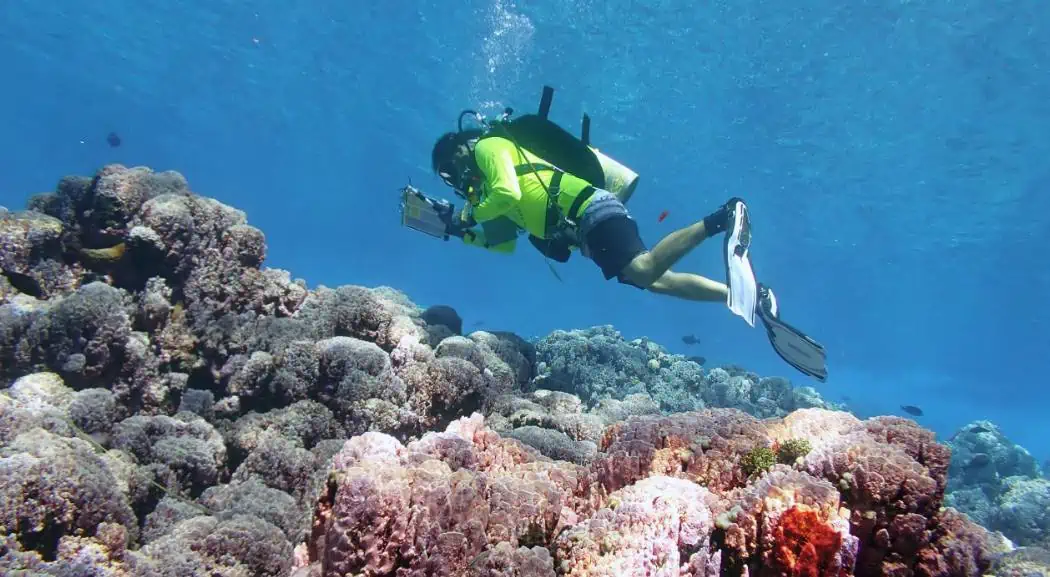Traditional coral reef monitoring techniques, often laborious and invasive, are proving inadequate in the face of rapid ecological changes.
Enter “deep learning,” a frontier technology that, when coupled with underwater imaging, offers a non-invasive solution poised to transform our approach to coral reef management and understanding.
A recent study published in Geo-spatial Information Science illuminates the profound impact of deep learning on enhancing underwater coral image segmentation.
Spearheaded by a collaborative team from Wuhan University, this study employed artificial intelligence to markedly elevate the precision and efficiency of coral reef surveillance, arming environmental scientists and conservationists with powerful new analytical tools.
Dr. Hanqi Zhang, a co-author of the study, said:
“Incorporating deep learning into the segmentation of underwater coral images is a game-changer for our capacity to monitor and act on environmental threats to coral reefs. This innovation empowers us with a rapid and precise means to chart and evaluate the well-being of these indispensable ecosystems.”
Check out the study here.

